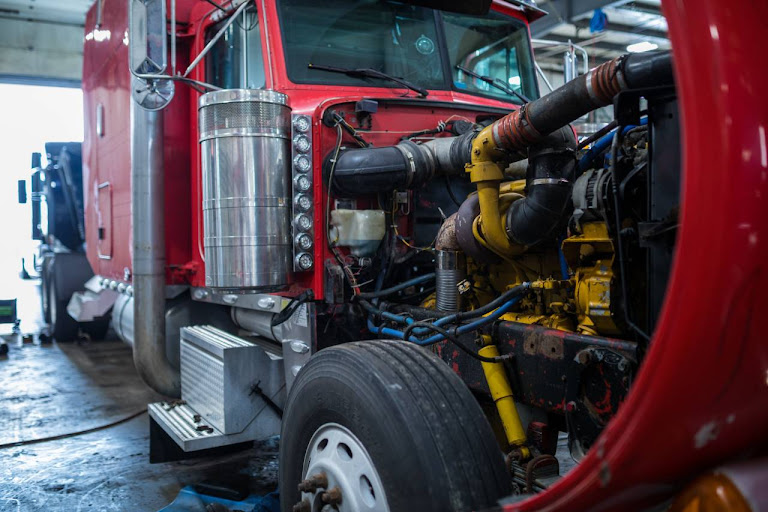
Why do semi trucks use diesel engines?
Trucks are the backbone of the transport and logistics line of business, conveying commodities across borders.
Being used mostly in transporting very large weights, long distances, or having to transport their load with minimal fuel consumption, these vehicles must be powered by a special power source.
The CNG-fueled semi-trucks are now out of demand because the diesel engine semi-trucks are much better in terms of performance, reliability, and economically viable.
But for what reason are diesel engines in demand in these powerful machines? It should be of interest to expand on some of the major factors that underpin this important decision and get some diesel service advice in cold weather.
Understanding The Role of Diesel Engines in Semi Trucks
Here are the factors that contribute to the role of diesel engines in semi-trucks.
Fuel Efficiency and Availability
One of the most important characteristics of diesel engines that make them popular in semi-trucks is increased fuel efficiency. Compared with gasoline, diesel fuel has a higher energy density per gallon, which translates into longer distances per gallon for trucks.
Thus, the balance between electrical energy density and capacity improves, and longer distances translate to more effective mileage, lowering the general cost of transportation.
Further, while the fuel is readily accessible at truck depots and refilling stations across country highways, the drivers are well assured of constant supplies of fuel during their trips.
Torque and Power
There is one criterion without which it is impossible to start a semi-truck engine – this is high torque. Torque, as it applies to an engine, is the measure of its spin or pull, which is essential for moving large loads and scaling grades.
There is a reason diesel engines differentiate themselves in terms of torque: their design has a longer stroke length and higher compression ratios than gasoline engines.
This high torque output allows semi trucks to tow massive cargo loads, often exceeding tens of thousands of pounds, without compromising performance.
Durability and Longevity
Diesel engines are famous for their longevity; they usually outlive gasoline engines many times their ages. Their enhanced construction – reinforced engine blocks, pistons, and crankshafts prepare them to endure the associated strains during cross-country operations.
The main ways of increasing the durability of diesel engines are using stronger and thicker materials to be able to accommodate high pressure and temperatures without failure.
Furthermore, the operational speed in diesel engines is much slower, so other internal parts of the engine are less likely to wear out.
Robust Construction and Reliability
Diesel engines are designed to be reliable and withstand high-stress environments, such as varying weather conditions, dense power demand, and unabated usage. Compared to gasoline engines, the construction is less likely to fail because of their rigid build.
Diesel engines also don’t have spark plugs or ignition coils, which are two components that often fail in gasoline engines. This plan makes it harder to have mechanical problems and also makes it more likely that the design will remain functional in the far future.
Cost-Effectiveness
Though diesel engines cost relatively more than gasoline engines, the overall cost is nevertheless reasonable when compared to the long run of establishing diesel engines as a worthy investment in the trucking business.
The general running cost of the vehicles is also low since diesel engines are fuel efficient, and a driver can travel more miles on a single gallon of fuel.
Also, diesel engines tend to have longer engine life than other engines, and therefore, there are fewer engine changes and low maintenance charges for the life cycle of the vehicle.
Diesel engines have become the primary power provider for the trucking industry. They provide radical torque, endurance, and efficiency. They are strong, cheap, and readily available, making them the most suitable power system for semi trucks.
With progressive innovations of enhanced engine technology and output, which aim to decrease the level of emissions as well as increase performance, there is a presumption that the use of diesel engines in heavy freight lines trucking will persist for many years.
The post Why do semi trucks use diesel engines? appeared first on My Car Heaven.

